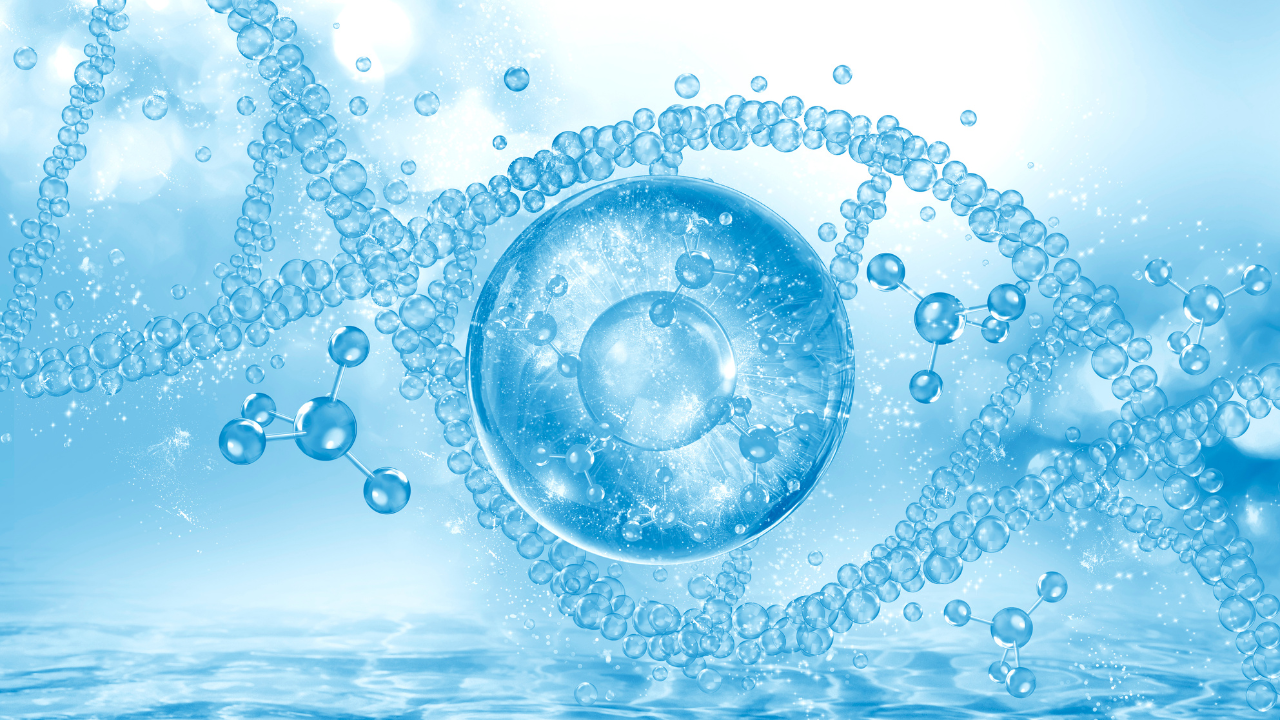There are two common names for antioxidants, like l glutathione and glutathione. Although they may look similar, they may have features that indicate how they will work or how effective they can be. Knowing these differences depends on whether you are a layman in the processors and absorbents market or a professional in the area of a healthy lifestyle and nutrients.
Your profession gives you a different perspective regarding these anti-oxidants. But don’t worry. Regardless of your profession, you will get in-depth insights on every single aspect of glutathione. By reading this article, you can make the right and most effective choice. So, are you ready? Let’s get started!
Understanding Glutathione
This compound is composed of amino acids such as (Cysteine, Glutamic acid and Glycine). Additionally, glutathione is important to eliminate toxic elements and reactive oxygen. Eventually, it stops oxidative stress, leading to many health issues. Additionally, glutathione assists in boosting the immune system and aiding in tissue construction and repair.
What Sets L-Glutathione Apart
L-glutathione is an ‘L,’ referring to a reduced, active form of glutathione, which is commonly found in supplement form. This form of glutathione becomes chemically altered to make its molecules more stable and ready to take on antioxidant tasks. The ‘L’ at the end of the product name stands for bioavailable, meaning it is a form that your body can readily use. This is a big difference because not all forms of glutathione are as active or easily assimilated by the human body.
Structural and Functional Differences
Another common characteristic that sets L-glutathione (GSH) and standard glutathione (GSSG) apart is that GSH has an inferior molecular mass compared to GSSG. L-Glutathione is of its reduced form; that is, there is added charge in the form of an extra electron, which makes it a powerful neutralizer of free radicals as well as other free and potential toxic molecules. Oxidized glutathione, on the other hand, has lost one of these electrons and is less effective. Here, the difference poses a big impact on its bioavailability. Actual Glutathione can be utilized far more efficiently by your body and, consequently, will perform the tasks related to the support of the immune system and detoxification much better.
For instance, L-glutathione is a common clinical agent used to protect the liver and fight disorders such as oxidative stress. Of course, it is also utilized in treatments for skin whitening because it has a skin-lightening effect due to its ability to inhibit melanin synthesis. Normal glutathione is generally not as effective, and when oxidized, it has limitations as a detoxifier or skin-whitening agent.
Applications: L-Glutathione vs. Regular Glutathione
L-glutathione is used abundantly in supplements, cosmetics, and clinical treatments because of the increase it brings in effectiveness. It is commonly used for detoxification, liver support, and skin-lightening treatment. In skincare, L-Glutathione works by preventing the home production of pigmentation known to be melanin. It also increases skin flexibility and decreases wrinkles through free radicals that can harm skin cells.
On the other hand, regular glutathione, which is present in the body in the oxidized form, is only used selectively. Though it may still have some positive effects, such as providing antioxidant action, it has comparatively lower facilities in special uses like skin bleaching or liver cleansing. The reduced version is usually preferred when higher efficacy is required.
How to Choose the Right Form
In this case, if you were selecting between L-glutathione and normal glutathione, you would have to know your health objectives. If your goal is to whiten your skin, improve your liver or have a stronger immune system, L-glutathione will be better as it is easier to absorb and has anti-oxidative activity. But if the goal is to take a general antioxidant supplement that may not work as drastically right away, regular glutathione may be enough.
Further, the dosage and formulation of the drug are other essential or significant factors. L-glutathione is sometimes found in supplements in higher concentrations to get the best results and have an excellent effect.
Conclusion
Altogether, L-glutathione and regular glutathione may appear to be the same thing, but some differences can affect the efficacy of this supplement. L–Glutathione is more bioavailable and has better antioxidant/ detoxifying properties than the oxidized form. Ordinary glutathione, especially when in its oxidized form, is less effective and may not produce the desired effect. Learning about these differences will help you decide which of the forms to take depending on your health needs.

